What diet optimizes men’s testosterone for peak energy & strength?
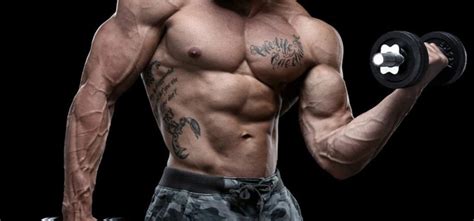
The Crucial Role of Testosterone in Men’s Health
Testosterone, often hailed as the cornerstone of male vitality, plays a pivotal role far beyond just muscle mass and sex drive. Optimal testosterone levels are fundamental for maintaining peak energy, robust strength, cognitive function, mood stability, and overall well-being. As men age, or due to various lifestyle factors, these levels can naturally decline, leading to symptoms like fatigue, reduced muscle mass, decreased libido, and a dip in energy. While external factors like sleep, stress, and exercise are vital, diet stands as one of the most powerful and accessible levers for naturally optimizing this essential hormone.
The Foundation: Macronutrient Balance for Hormonal Health
Achieving a healthy balance of macronutrients—fats, proteins, and carbohydrates—is non-negotiable for testosterone production. It’s not about extreme restriction, but rather intelligent selection and balance.
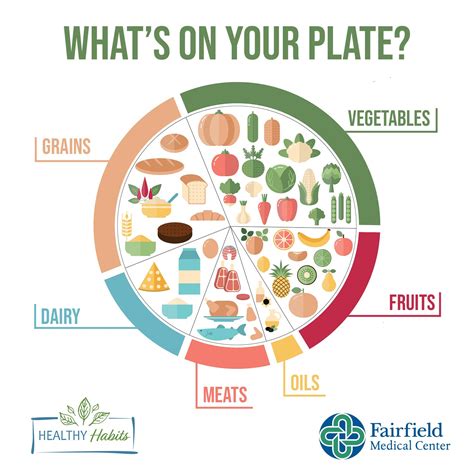
Healthy Fats: Your Hormonal Building Blocks
Contrary to outdated beliefs, dietary fat is not the enemy; in fact, healthy fats are absolutely critical for testosterone synthesis. Hormones like testosterone are derived from cholesterol, and consuming adequate amounts of monounsaturated and polyunsaturated fats provides the necessary precursors. Aim to include sources like avocados, olive oil, nuts (almonds, walnuts), seeds (chia, flax, pumpkin), and fatty fish (salmon, mackerel).
Protein: Fueling Muscle and Recovery
Adequate protein intake is essential for muscle repair, growth, and overall bodily function. While protein doesn’t directly boost testosterone, it supports the muscle mass that testosterone helps build, and helps maintain a healthy body composition, which indirectly supports optimal hormone levels. Lean meats, poultry, fish, eggs, dairy, and legumes are excellent choices.
Complex Carbohydrates: Sustained Energy and Stress Reduction
While low-carb diets have their place, extreme restriction can sometimes stress the body and negatively impact hormone production. Complex carbohydrates provide sustained energy, help regulate blood sugar, and support adrenal function, which in turn can prevent cortisol (the stress hormone) from interfering with testosterone. Focus on whole grains (oats, quinoa, brown rice), root vegetables (sweet potatoes, carrots), and plenty of fruits.
Crucial Micronutrients for T-Production
Beyond macronutrients, several vitamins and minerals act as cofactors in the complex biochemical pathways that lead to testosterone synthesis.
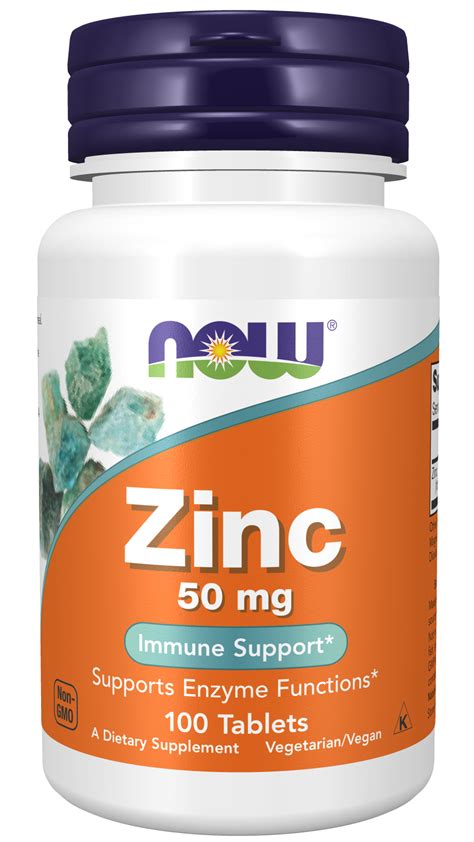
Zinc: The Essential Mineral
Zinc is perhaps one of the most critical minerals for testosterone production. It plays a role in numerous enzymatic reactions, including those involved in hormone synthesis. Deficiencies can significantly impair testosterone levels. Excellent sources include oysters, red meat, poultry, beans, nuts, and pumpkin seeds.
Vitamin D: The Sunshine Vitamin
Often referred to as a hormone itself, Vitamin D is strongly correlated with testosterone levels. Studies have shown that men with adequate Vitamin D tend to have higher testosterone. While sunlight exposure is the primary source, dietary sources include fatty fish (salmon, tuna), fortified milk and cereals, and egg yolks.
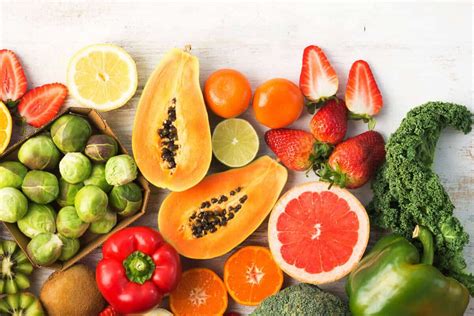
Magnesium: Muscle and Hormone Support
Magnesium is involved in over 300 enzymatic reactions in the body, including those related to muscle function and energy production. It also plays a role in increasing free (bioavailable) testosterone by reducing its binding to sex hormone-binding globulin (SHBG). Rich sources include leafy green vegetables (spinach, kale), almonds, cashews, legumes, and dark chocolate.
B Vitamins: Energy and Hormone Regulation
B vitamins, particularly B6 and B12, are crucial for energy metabolism and overall cellular health. They indirectly support hormone function by reducing stress and improving energy levels. Find them in eggs, lean meats, fish, dairy, and leafy greens.
Foods to Embrace and Foods to Limit
To summarize, a testosterone-optimizing diet emphasizes whole, unprocessed foods while minimizing inflammatory and hormone-disrupting items.
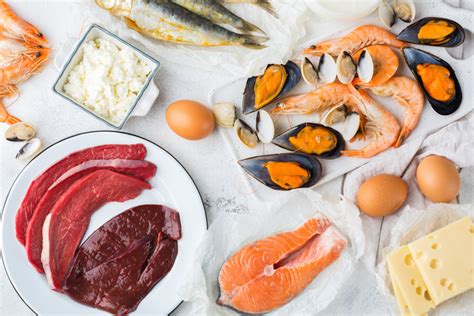
Embrace:
- Fatty Fish: Salmon, mackerel, sardines for omega-3s and Vitamin D.
- Leafy Greens: Spinach, kale for magnesium, zinc, and other micronutrients.
- Avocados, Nuts & Seeds: For healthy fats and minerals.
- Lean Protein: Beef, chicken, eggs for protein and zinc.
- Cruciferous Vegetables: Broccoli, cauliflower, Brussels sprouts for compounds that help balance estrogen.
- Berries: Rich in antioxidants to combat oxidative stress.
- Garlic: May influence testosterone production and lower cortisol.
Limit/Avoid:
- Processed Foods: High in unhealthy fats, sugar, and artificial ingredients.
- Excessive Sugar: Can lead to insulin resistance and negatively impact testosterone.
- Trans Fats: Found in many fried and processed foods, detrimental to health and hormones.
- Excessive Alcohol: Can impair testicular function and increase estrogen.
Beyond Diet: Lifestyle Synergy
While diet is paramount, remember that it works in concert with other lifestyle factors. Adequate sleep (7-9 hours), regular strength training and high-intensity interval training (HIIT), and effective stress management are equally important for maximizing testosterone production and experiencing peak energy and strength.

Conclusion: A Holistic Approach for Sustained Vitality
Optimizing men’s testosterone for peak energy and strength is not about a quick fix or a restrictive diet, but rather a sustainable approach to nutrition. By focusing on whole, nutrient-dense foods, ensuring adequate intake of healthy fats, quality protein, complex carbohydrates, and key micronutrients like zinc, Vitamin D, and magnesium, men can naturally support their hormonal health. Coupled with smart lifestyle choices, this dietary strategy forms the bedrock for sustained vitality, enhanced strength, and unwavering energy, allowing men to thrive at every stage of life.









